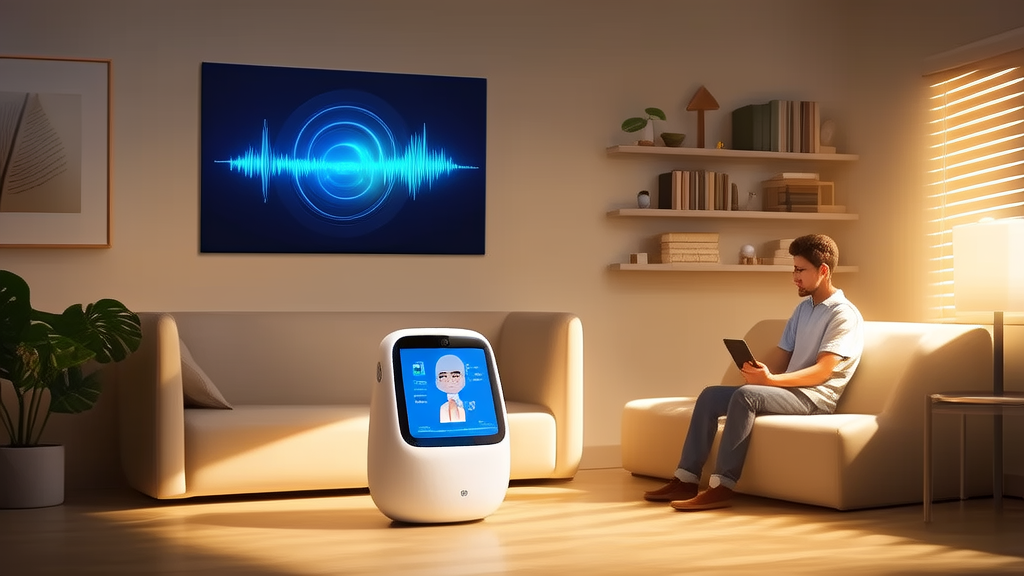AI Speech Technology Breaking Social Barriers: Enhancing Social Understanding for Individuals with Autism
As AI speech recognition technology advances, it is offering unprecedented support for the autism community, particularly in addressing social barriers. Applications like Autistic Translator showcase significant progress in improving daily life quality for those with autism. However, AI is not a silver bullet, and this article explores both its advantages and challenges from various perspectives.

AI Speech Recognition Technology Opens New Doors
The development of AI speech recognition technology has brought revolutionary changes to many fields. For individuals with autism, this technology acts as a key "bridge" in helping them understand complex social rules. According to the CDC, over 5 million adults in the U.S. are diagnosed with autism. Many of these individuals struggle with interpreting non-literal language, facial expressions, and deeper social contexts. AI tools, such as Autistic Translator, enable patients to practice social skills in virtual environments, thus enhancing their interpersonal communication abilities in real life.
Personalized Learning and Feedback Mechanism
Unlike traditional training methods, AI speech recognition technology offers more personalized and consistent learning and feedback mechanisms. Take Michael Daniel's Autistic Translator as an example. This app provides immediate and customized feedback based on user input, which is invaluable for consistency and predictability that individuals with autism need. Such customized learning helps build trust in social scenarios and reduces anxiety and uncertainty compared to traditional group training.
Limitations and Challenges of AI Technology
While AI shows great potential in addressing social barriers for individuals with autism, some limitations and challenges persist. For instance, technology cannot yet fully understand and simulate all nuances of social situations. Philip Lee's experience illustrates this—when dealing with complex and ambiguous social contexts, AI responses can often be imprecise or irrelevant. Over-reliance on technology might also hinder natural growth. Experts advise using AI as a supportive tool, not the only solution.
Insights into AI Application Status from Quora Data
Quora, a platform for knowledge sharing, hosts numerous discussions about autism and AI technology. Analyzing Quora posts, we find mostly positive views but also concerns. For instance, some worry that AI tools could replace meaningful human interactions. The correct approach should be using AI to facilitate, rather than replace, relationship development.
Looking Ahead: A New Era of AI and Human Coexistence
In the future, AI speech recognition technology will play a crucial role in healthcare, especially mental health promotion and support. As technology progresses, we anticipate more specialized apps similar to Autistic Translator, aiding various groups. However, it's essential to ensure balanced development promoting overall societal well-being, not just for one group. Through collective efforts, humans and AI can create a harmonious and inclusive world.
While exploring the enhancement of social skills for individuals with autism, businesses are also innovating to boost efficiency and market competitiveness through advanced technological tools. One such example is Bay Marketing, an efficient and intelligent email marketing tool designed specifically for modern enterprises. By accurately collecting potential customer information and utilizing a smart mass-email system, Bay Marketing significantly enhances marketing conversion rates.


